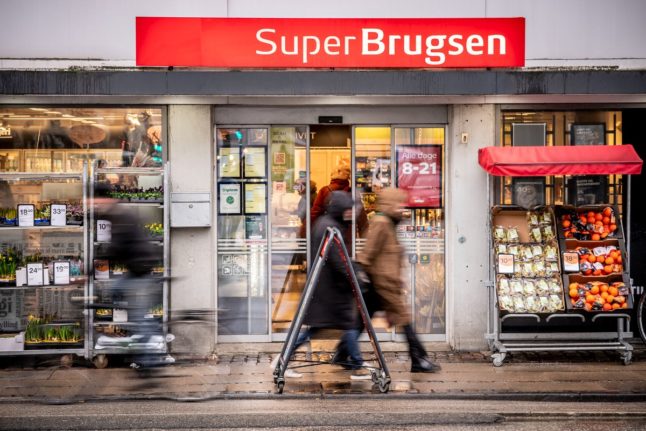The three ‘classic’ Danish surnames are still the most commonly occurring in the Nordic country, but to a far lesser extent than they were 30 years ago, new Statistics Denmark figures show.
In general, the number of surnames ending in -sen has fallen over the last three decades.
Although 43 percent of people in Denmark still have a surname with the suffix, the proportion was as high as 61 percent in 1994. That corresponds to 272,000 fewer people with one of the names, despite Denmark’s population growing by 770,000 during the period.
The trend has two causes according to Statistics Denmark: immigration has meant an influx of new surnames, while a change in the law in 2006 made it easier to switch an existing surname.
There are notable regional variations in the frequency of -sen names, Statistics Denmark also writes.
Ishøj, a municipality on the outskirts of Copenhagen with a large immigrant population, has the lowest share of -sen names with 24 percent. Læsø, an island off North Jutland, has the highest with 62 per cent.
Of the 27 municipalities with proportions below 40 percent, only two – Greve and Aarhus – are located outside the Greater Copenhagen region.
The municipalities that have a low proportion of people with a -sen surname often have a high proportion of immigrants and descendants. This is the case for municipalities west of Copenhagen, Statistics Denmark writes.



 Please whitelist us to continue reading.
Please whitelist us to continue reading.
Member comments